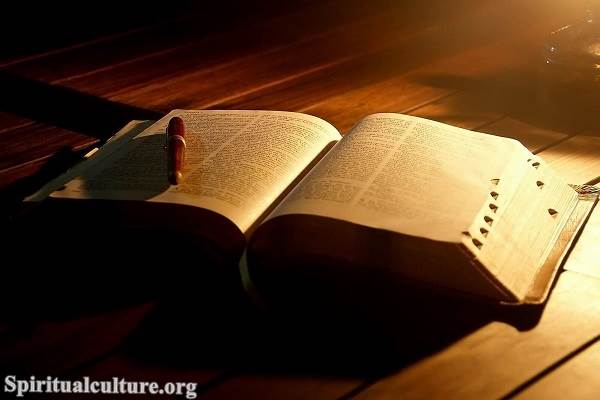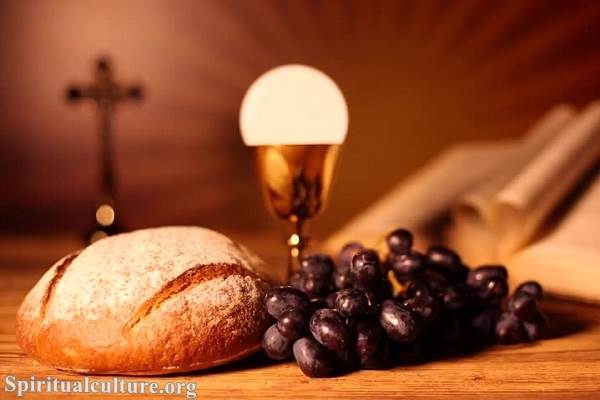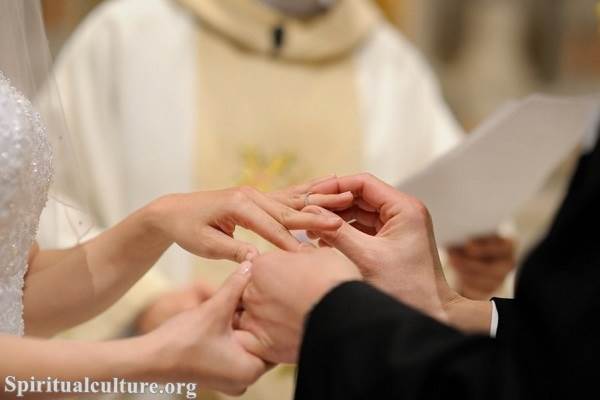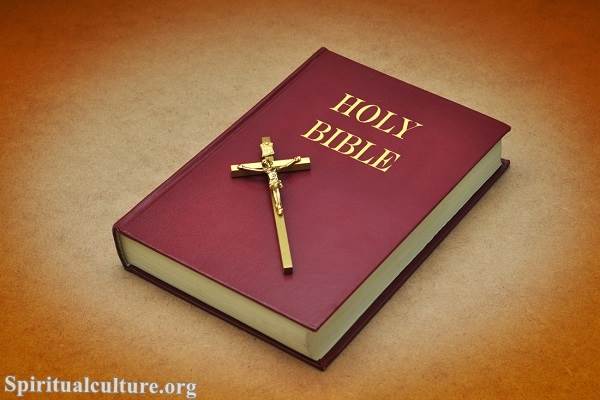The Catholic Bible and the Christian Bible are similar in that they both contain the Old Testament and the New Testament. The Old Testament of the Catholic Bible includes several books not found in Protestant Bibles, such as Tobit, Judith, Wisdom, Sirach (also known as Ecclesiasticus), Baruch, and First and Second Maccabees.
The main difference between the two is the number of books included in the Old Testament. The Protestant Bible has 39 books in the Old Testament, while the Catholic Bible has 46 books. This difference is due to the inclusion of these additional books, known as the Deuterocanonical books, in the Catholic Bible.
The Protestant Bible contains only the 66 books that are accepted by Protestant denominations. Both Bibles include the Old and New Testaments, but the number and content of the additional books in the Catholic Bible are a source of theological and liturgical differences between Catholics and Protestants.
The Protestant Bible, also known as the “Protestant Canon,” consists of 39 books of the Old Testament and 27 books of the New Testament. The Protestant Old Testament is based on the Septuagint, a Greek translation of the Hebrew Bible, but with some differences in both the number and order of books. The Protestant New Testament is the same as the one used by the Catholic Church.

The Catholic Bible, on the other hand, is based on the Septuagint and the Old Latin Vulgate, a 4th-century Latin translation of the Bible. It includes the same 66 books as the Protestant Bible, as well as seven additional books, Tobit, Judith, Wisdom, Sirach (also known as Ecclesiasticus), Baruch, and First and Second Maccabees. These books are known as the “Deuterocanonical” or “Apocryphal” books and are considered inspired by Catholics, but are not accepted as part of the canon by Protestant denominations.
Both the Protestant and Catholic Bibles play a central role in their respective traditions, serving as the foundation for religious beliefs and practices. Despite the differences in the number and content of books, both Bibles share a common purpose: to witness to God’s revelation of himself and his salvific work in the world through Jesus Christ.
The Protestant and Catholic Bibles have had a significant impact on world history, shaping the beliefs and practices of millions of people for over two thousand years. The Protestant Reformation, a 16th-century movement that aimed to reform the Catholic Church, was in part a response to the perceived corruption and abuses of power within the church, as well as a desire to return to the authority of the Bible. This led to the establishment of Protestant denominations and the split of western Christianity into two major branches: Catholicism and Protestantism.
Today, the Protestant and Catholic Bibles continue to shape the beliefs and practices of Christians around the world. Both versions of the Bible are used for religious study, worship, and personal spiritual growth. Despite the differences in the number and content of books, both the Protestant and Catholic Bibles are considered sacred by their respective communities and serve as a source of inspiration, comfort, and guidance for Christians everywhere.




